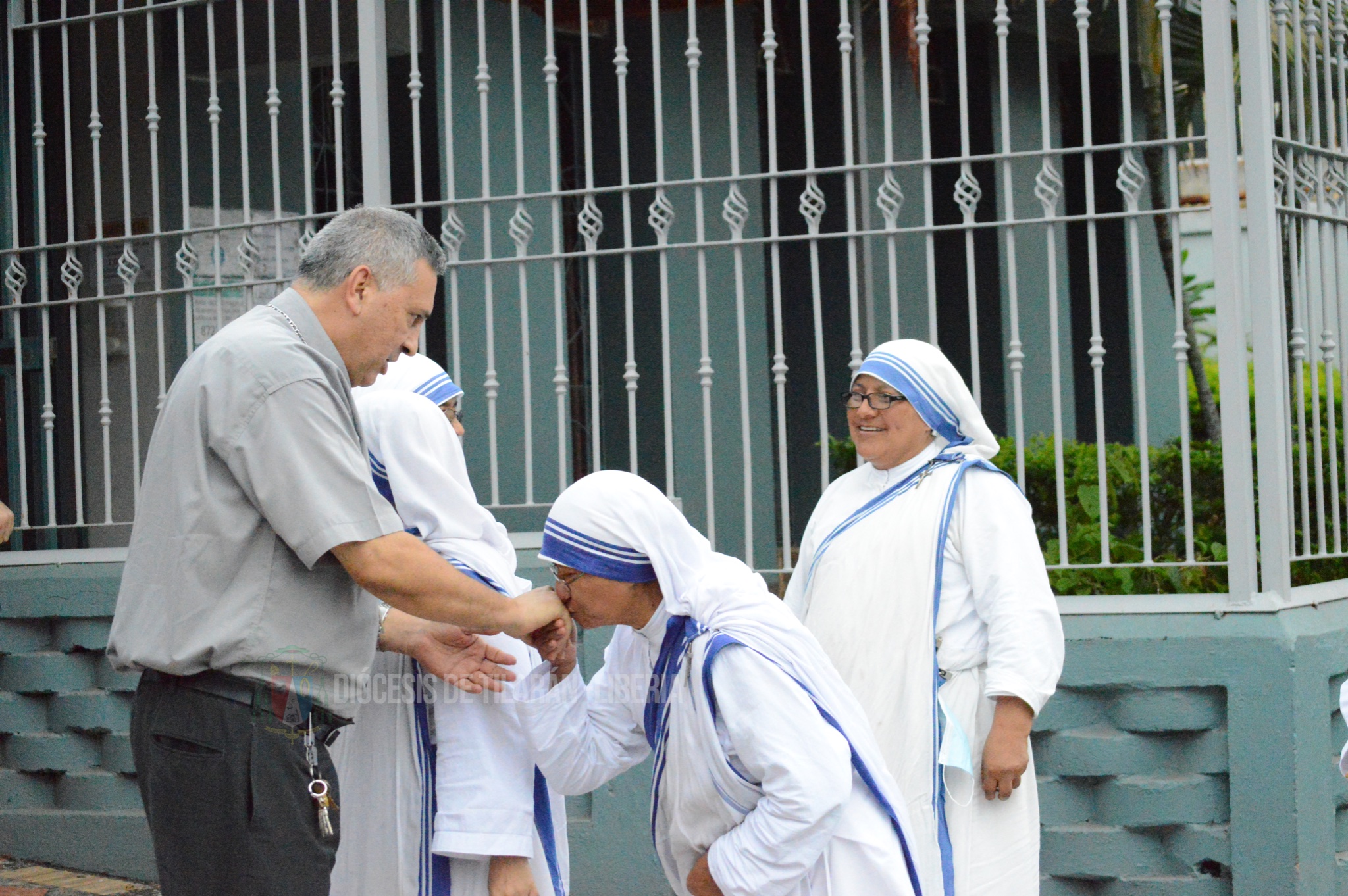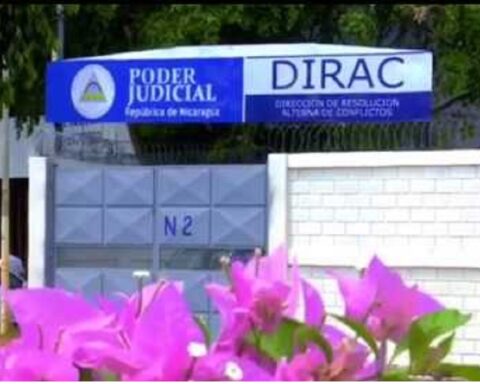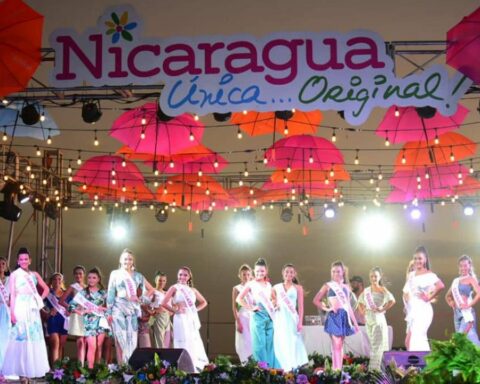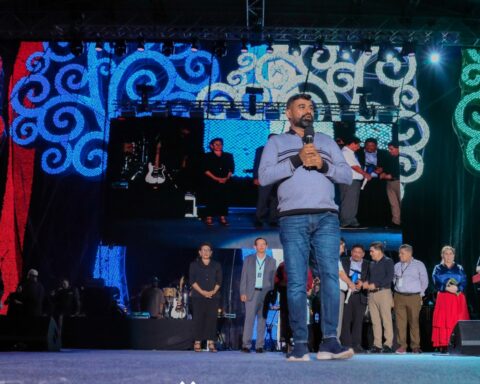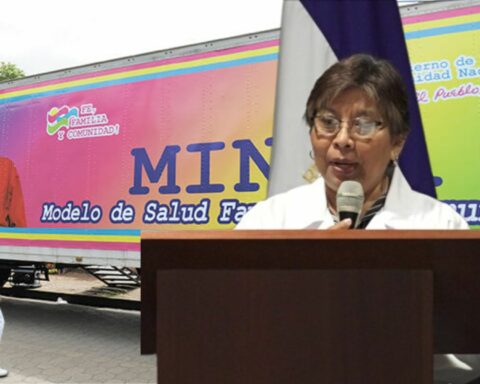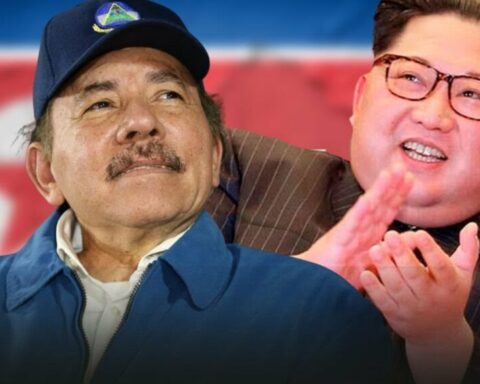The auxiliary bishop of Managua, Monsignor Silvio José Báez, lamented that in countries like Nicaragua the good Samaritan is mistreated, humiliated and prevented from doing charity, alluding to the expulsion of the Missionaries of Charity last 6th of July. Situation that he described as a “despicable and unworthy” act, which is beyond all law and human reasoning.
During his Sunday homily at the Santa Ágata temple in Miami, Florida, USA, where he remains in exile, the Catholic leader reflected on the parable of the Good Samaritan. So he warned that a second part of this parable is currently being written in countries “dominated by inhuman and cruel regimes.”
“The same thieves and criminals who beat the wounded man in the parable, today mistreat, humiliate and prevent him from doing charity to the good Samaritan and even expel him from the place where he intended to help. Not only do they hurt people, making them suffer and taking away hope, but they also prevent those who help the poor from continuing to do so,” said Monsignor Báez.
for the bishop, the expulsion of the Good Samaritans and leaving the poor helpless is equivalent to wounding the very heart of the gospel. “Leaving the most needy people unprotected and abandoned, the elderly alone, children, the poor and the sick, is not only a despicable and unworthy act, but a denial of God. Whoever acts like this cannot call himself a Christian, he has dehumanized himself and has expelled God from his heart, ”he pointed out.
Monsignor Báez also reflected that “there is no law, nor any human reasoning that justifies the powerful to prevent charity; worse still, if charity is prevented in order to later be able to disguise their selfish actions and ideological propaganda as charity”.
The expulsion
On July 6, 18 Missionaries of Charity, an order founded by Mother Teresa of Calcutta, were forced to leave Nicaragua and transferred from Managua and Granada to the border with Costa Rica by the General Directorate of Migration and Aliens (DGME) and the Police.
Of the 18 missionaries, seven are from India, two from Mexico, one from Spain, two from Guatemala, one from Ecuador, one from Vietnam, two from the Philippines and two Nicaraguans.
Before being expelled by the regime of Daniel Ortega and Rosario Murillo, the Missionaries of Charity served two religious communities in Managua and one in Granada.
In Managua, the religious congregation ran a home for the elderly, a nursery and a dining room for the most disadvantaged. “We also assisted 135 families with a basic monthly food basket, spiritual accompaniment and catechesis. Helping neighboring parishes”, specified the nun.
In Granada, the missionaries cared for “young people and children with limited economic resources”, providing them with “a space for other children in need of school reinforcement”. In addition, they had a soup kitchen for the most needy and —as in Managua— they delivered basic food baskets to poor families.
The religious congregation also delivered medicines to the most needy, provided economic support to university students with limited economic resources and visited those deprived of liberty.
The expulsion of the Missionaries of Charity She had already been warned since June 28, when the National Assembly —dominated by the Sandinista Front— canceled the legal status of her association. From that day on, the nuns remained under police surveillance.
Although the cancellation of the legal status of the Missionaries of Charity Association is part of a crusade by the regime against Non-Profit Organizations (NPOs), which has left nearly 800 organizations canceled so far this year, a A report from the Ministry of the Interior (Migob) indicates that the Missionaries of Charity “has failed to comply” with its obligations under the law.

